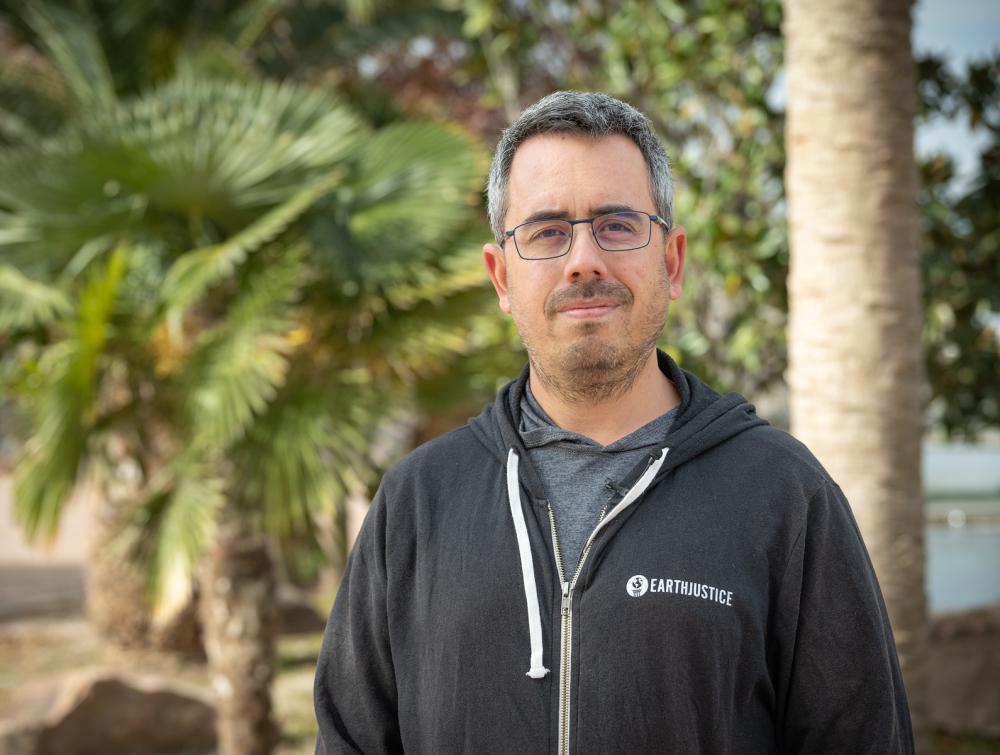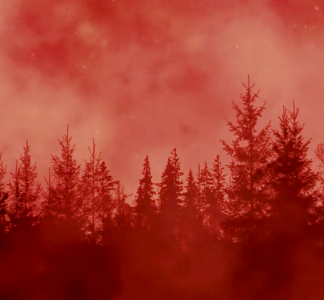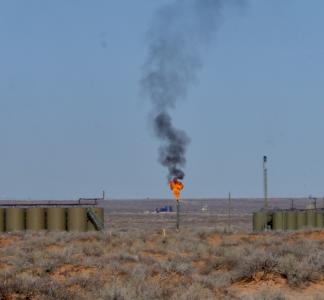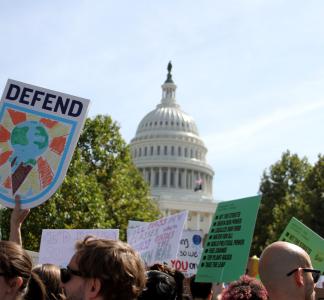Stories from the Permian Basin: Chris Dizon

Chris Dizon
Mason Cummings
Chris Dizon works as a solar installer in the Permian Basin. We spoke with him about his experience expanding solar energy in the midst of an oil and gas boom. Here’s what he had to say: (This interview was edited and shortened for clarity)
“I visit Carlsbad. I'm here at least once a month. I'm a solar installer.
I know a lot of people that work within the oil industry. One of my friends that works in the oil industry actually has solar at his house. So he also sees the benefits to renewable energy even as his livelihood is dependent on extraction.
I see the Permian community—and I guess this might be something that's common throughout all frontline communities—as to some extent taking one for a team, for lack of a better phrase. And as much as I try to emphasize the need to keep it in the ground by reducing demand, by sheer virtue of being a frontline community, your effect on demand is infinitesimal compared to what you're extracting. I mean, what percentage of what the Permian Basin extracts is exported to other parts of the country?
Seeing the oil and gas fields around here -- in many ways, I view it as somewhat of a necessary evil, which is why I'm so emphatic about the need to reduce demand. The best alternative is to not need those resources.
The solution to that problem is renewables and electrification. Individually, we have a responsibility to electrify our lives as much as possible and at the same time produce as much energy as we can on our solar to fulfill our individual needs. And then as a society, we need to make that more attainable, more affordable for individuals to do [so]. The primary and probably the only barrier is that upfront cost. So, if the government can find a way to alleviate that upfront cost and spread it out over the life of the solar, over the life of the car, I think that would tremendously influence the acceleration of solar and electrification.
I think that we each have a part to play. We're in a pivotal period in human history as far as going from burning minerals for energy to not burning minerals for energy. And I'm trying to do what I can to move the ball down the field and to just do what might be my small part to accelerate the transition.”



